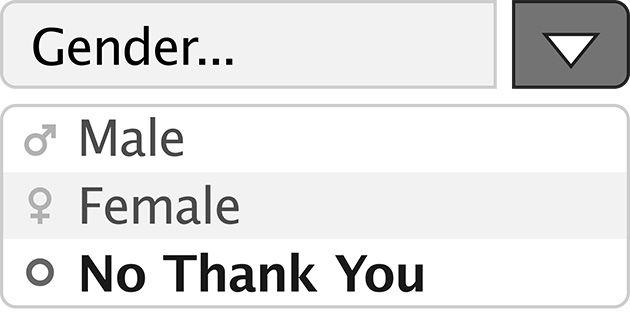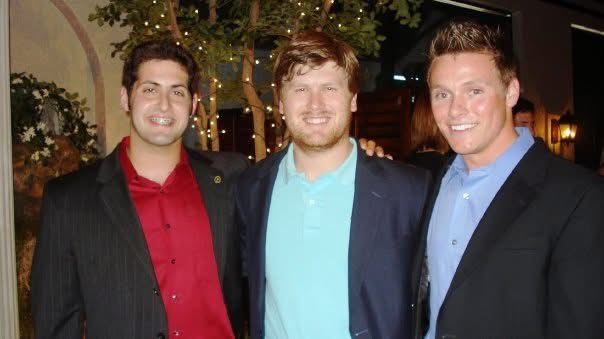After February’s change on Facebook that gave users more options on how to identify themselves, Facebook more recently expanded its gender-neutrality options to a user’s relatives. Users can now specify a relative as one of 14 gender-neutral options.
“When you come to Facebook to connect with the people, causes and organizations you care about, we want you to feel comfortable being your true authentic self,” Facebook said in a post on its diversity page. “An important part of this is the expression of gender, especially when it extends beyond the definitions of just ‘male’ or ‘female.’”
The new options allow users to classify family members as “sibling” rather than just as “brother” or “sister,” or as “parent” instead of just as “mother” or “father.” Facebook said it worked with a group of leaders in lesbian, gay, bisexual and transgender advocacy organizations to come up with the additional gender categories.
Saad Dawoodi, biochemistry and genetics senior, is the vice president of Shades of Queer, a LGBTQ organization on campus. Dawoodi said Facebook’s step means more than just a better way to list family members.
“I think this move symbolizes a growing awareness of the n
eeds for people who do not identify within the male [or] female binary, including people who self-identify as gender neutral,” Dawoodi said. “For gender neutral individuals specifically, this increased awareness of gender issues will hopefully snowball into greater accommodations in public spheres.”
Daniel Humphrey, professor of women’s and gender studies and film studies, said it is good news that individuals have the option to identify themselves and those around them without speaking in gender-specific terms.
“Not everyone fits into the gender binary, and those who don’t shouldn’t be forced to be dishonest or inaccurate in order to list themselves and their loved ones on social media platforms,” Humphrey said.
Sidney Gardner, program coordinator of the GLBT Resource Center, said Facebook’s efforts have the largest effect on the individual.
“I think it makes a huge difference for the people it personally impacts,” Gardner said. “So being able to have your identity, to have your gender, to have all of that honored and understood makes a huge impact for that specific person.”
Dawoodi said he agreed with Gardner that Facebook’s efforts have a positive effect on the individual, as well the promoting awareness and social acceptance.
“It increases visibility and awareness of gender issues, specifically the reality of gender identities that exist outside the male-female binary,” Dawoodi said. “This will facilitate conversations of gender in general.”
Dawoodi said in addition to the impact Facebook’s new options have on the individual, the change also help to build community.
“It reifies gender identities and expressions for people who have been told that their gender identities [and] expression are not real and valid,” Dawoodi said. “I can assist in building a community for people whose gender identities [and]expressions have been discarded by society at large.”
Dawoodi said Facebook’s acceptance and acknowledgement does make a difference, but he believes there is still a lot of progress to be made in understanding gender.
“One word cannot fully capture the depth and beauty of an individual’s gender,” Dawoodi said. “Although Facebook’s decisions represent progress, we cannot get too hung up on only using gender signifiers in order to comprehend gender.”
Humphrey said gender will persist in many ways, and it is far from the most important or interesting thing about a person, which isn’t to say it is not decisive.
“I don’t necessarily think people will stop seeing or thinking about gender simply because someone is defined as ‘sibling’ rather than ‘brother’ or ‘sister’ on Facebook,” Humphrey said. “However, there’s little doubt that these changes will allow for increased ambiguity in social media interactions as well as, perhaps, for how people see other more broadly beyond social media.”
Gardner said Facebook made a huge leap and leads the promotion of a more progressive look at gender options on social media.
Facebook change allows for gender neutrality
September 3, 2014
0
Donate to The Battalion
$1765
$5000
Contributed
Our Goal
Your donation will support the student journalists of Texas A&M University - College Station. Your contribution will allow us to purchase equipment and cover our annual website hosting costs, in addition to paying freelance staffers for their work, travel costs for coverage and more!
More to Discover










